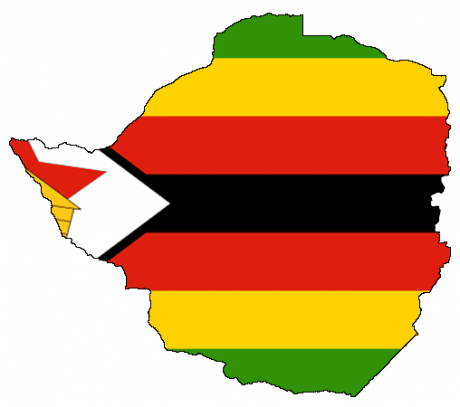
GOVERNMENT has expressed concern over the lack of trust among the partners in the Tripartite Negotiating Forum (TNF) as negotiations intensify over establishing a legally binding social contract.
BY KUDZAI KUWAZA
This was revealed at an Employer’s Confederation of Zimbabwe (Emcoz) meeting last week in Harare to discuss the issue of putting together the social contract.
Emcoz vice-president Matthew Chimbgandah told participants at the meeting that government had noted the lack of trust among partners of the TNF. The partners in TNF are government, business and labour.
“Government has now come up with a concept note which recognises that there is little, if any, trust among social partners in Zimbabwe. We look at this as a very useful starting point because in Zimbabwe, we have this tendency of looking at our situation through very rosy-coloured spectacles,” Chimbgandah said.
He revealed that government had proposed in its concept note to tackle several issues to the technical committee of the TNF, as part of the process to bring about the social contract. These, Chimbgandah said, included intensifying the fight against corruption in the public and private sector, reducing the bloated civil service wage bill, parastatal reform, Diaspora engagement, investment promotion and the establishment of special economic zones.
Chimbgandah said government’s commitment towards legalising the social contract was welcome given the deepening economic crisis.
“We have watched in silence and dismay as our economy has literally headed south,” he said. “The elephant in the room is government expenditure and we are not talking of any expenditure because we want to see more expenditure on capital projects. Our concern is with government recurrent expenditure.”
- Chamisa under fire over US$120K donation
- Mavhunga puts DeMbare into Chibuku quarterfinals
- Pension funds bet on Cabora Bassa oilfields
- Councils defy govt fire tender directive
Keep Reading
He warned that the economy would not improve if government “continues to spend more than business can produce”. The TNF was revived when Prisca Mupfumira was appointed Labour minister in 2014 after the process had stagnated in 2009.
The TNF is a social dialogue platform that brings together government, business and labour to negotiate key socio-economic matters. It has been in existence since 1998 as a voluntary and unlegislated chamber in which socio-economic matters are discussed and negotiated by the partners.
Labour permanent secretary Ngoni Masoka said it was “unfortunate” the country did not have a social contract, 16 years after the Kadoma Declaration.
The Kadoma Declaration was drafted after negotiations held in Kadoma by the TNF in 2001. The declaration identified the causes of Zimbabwe’s high country risk factors and suggested measures by the three social partners — government, labour and business — to deal with the risk and improve the country’s image.











